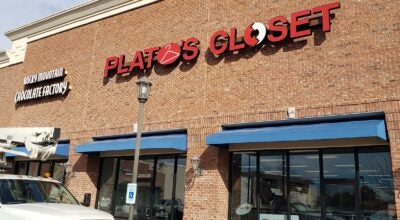Lawmakers: EdBuild plan won’t hike local share
Published 11:01 am Wednesday, February 8, 2017
By Jeff Amy
Associated Press
JACKSON — Lawmakers appear to have agreed that any new K-12 school funding formula shouldn’t raise the share that local districts must pay, but leaders are mixed on when it might be unveiled.
House Appropriations Committee Chairman John Read, a Gautier Republican, said Tuesday that he expects a plan Wednesday or Thursday. But House Speaker Philip Gunn, R-Clinton, said he’s not sure when a bill will come out.
Right now, both Senate and House members could be asked to pass placeholder bills before a Thursday deadline, with the promise that details would be filled in later.
Opponents of changing the formula, though, are trying to sway lawmakers against voting for what’s known as a “dummy bill” in the Capitol, warning that three lawmakers from each side could end up determining a new formula in a conference committee at the end of the session, presenting it to lawmakers for an up-or-down vote in the closing days of the session.
That could add to the urgency to present a full plan soon, and despite the confusion on timing, the outlines of one is coming into view.
Moving forward
There were definite signs of movement Tuesday. Rebecca Sibilia, the executive director of consulting group EdBuild, was in the Capitol meeting with lawmakers.
Her nonprofit group made a proposal that called for increasing state money by about $70 million over what’s being spent now, with local districts required to kick in another $120 million.
Lawmakers embraced most of the EdBuild proposal, but they’ve rejected the call to increase local contributions, which could force about 30 districts to raise taxes or cut spending. Read and Senate Education Committee Chairman Gray Tollison, an Oxford Republican, both say any bill won’t raise a district’s share above the current 27 percent.
Estimates by The Associated Press show it would cost the state roughly $145 million more than it spends now if lawmakers adopt all other EdBuild recommendations without requiring more local tax money. That’s within about $25 million of the full amount demanded by law under the current formula, the Mississippi Adequate Education Program, which lawmakers have only completely funded twice in 20 years. Keeping also tends to redistribute less money to property-poor districts.





